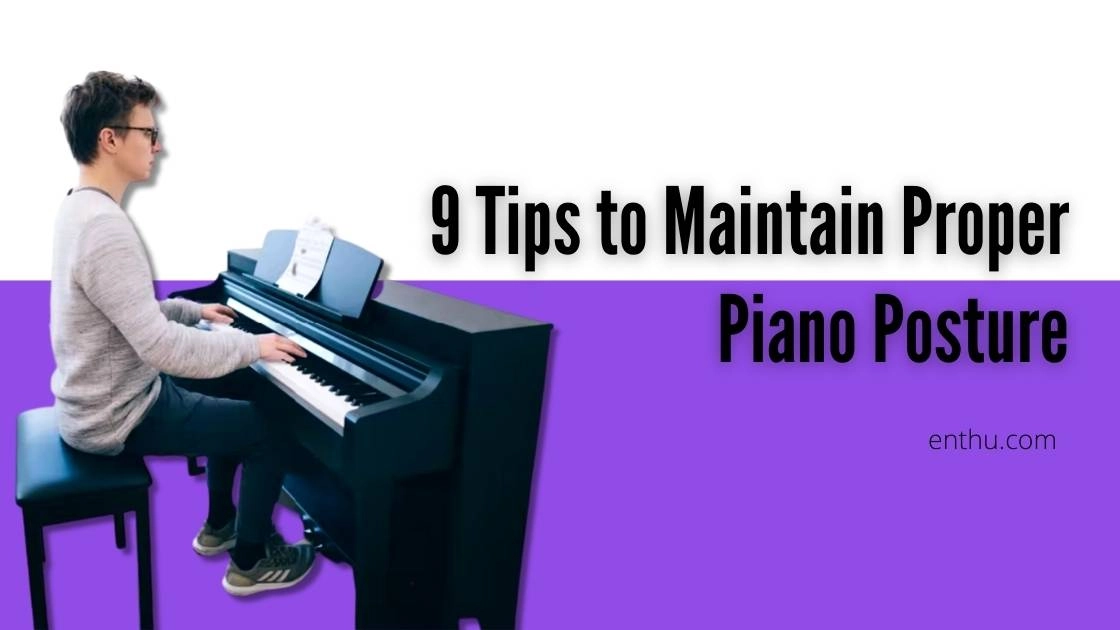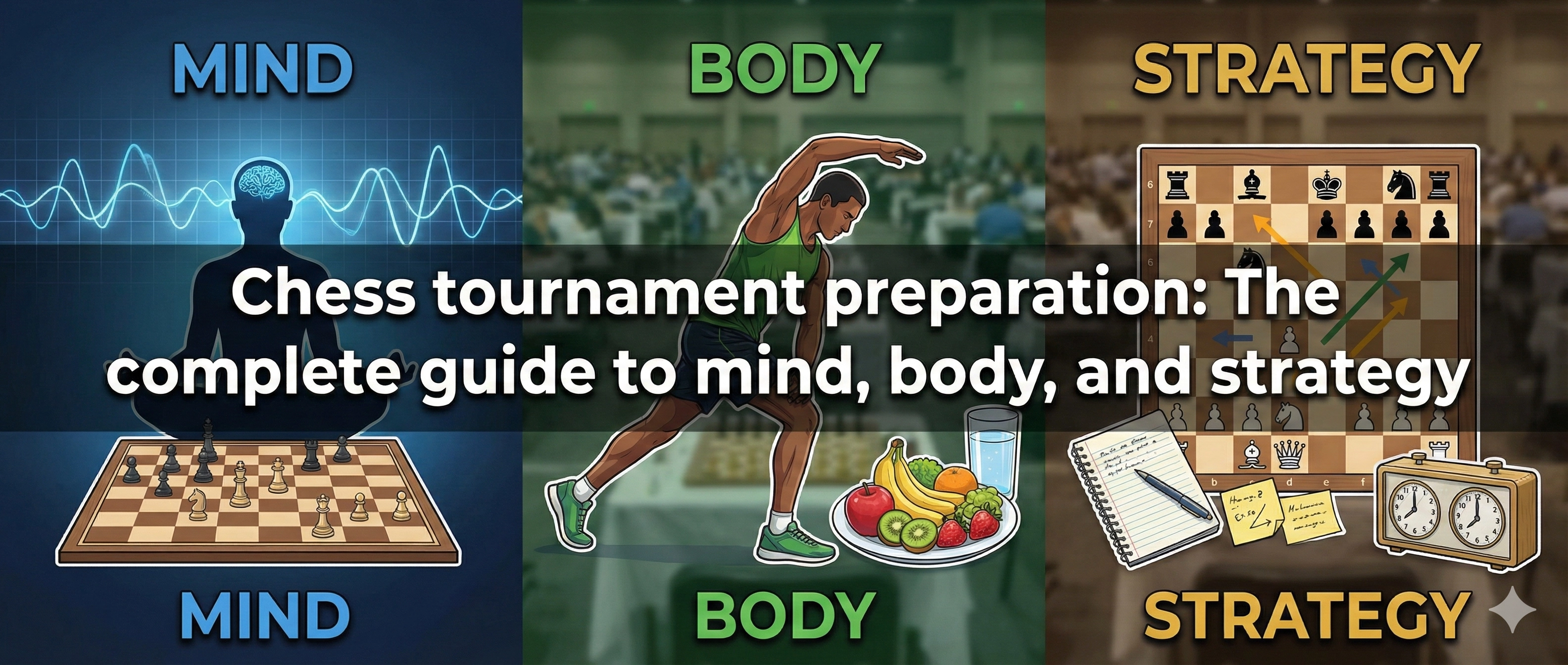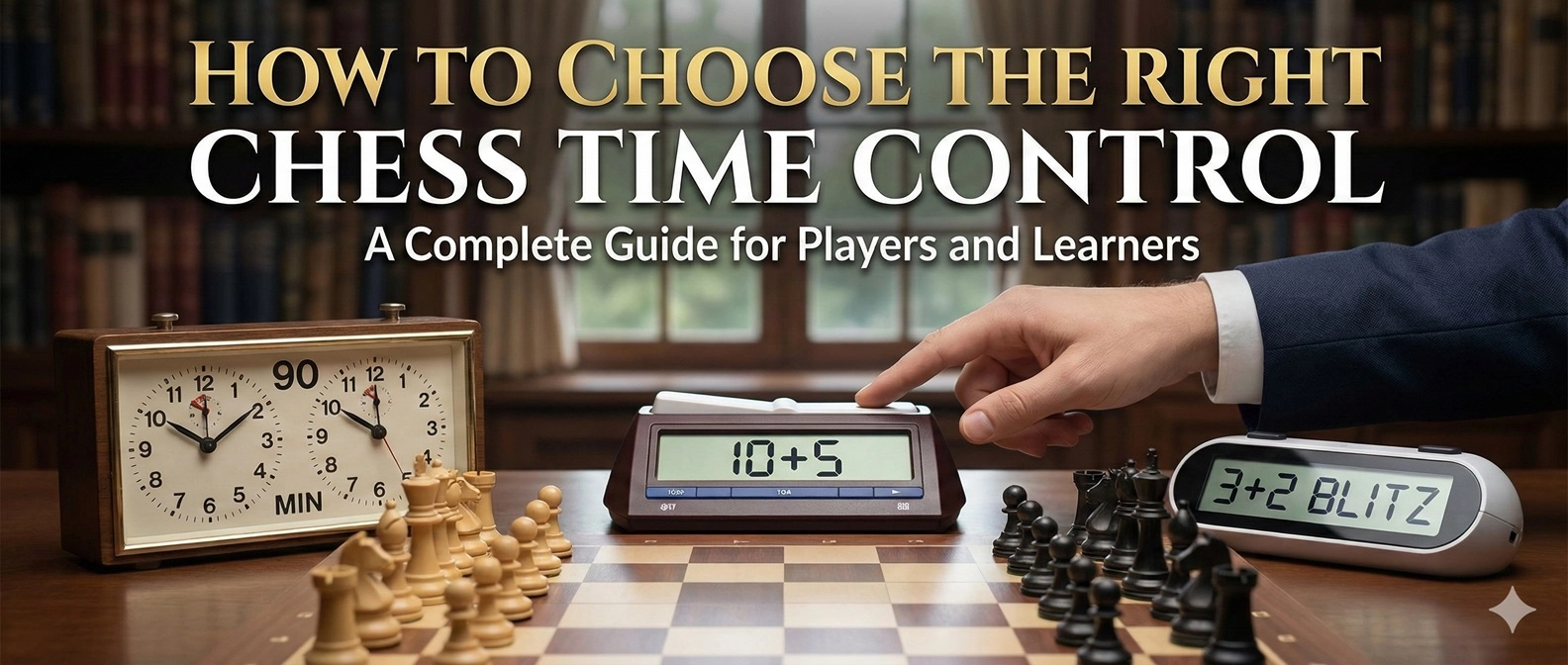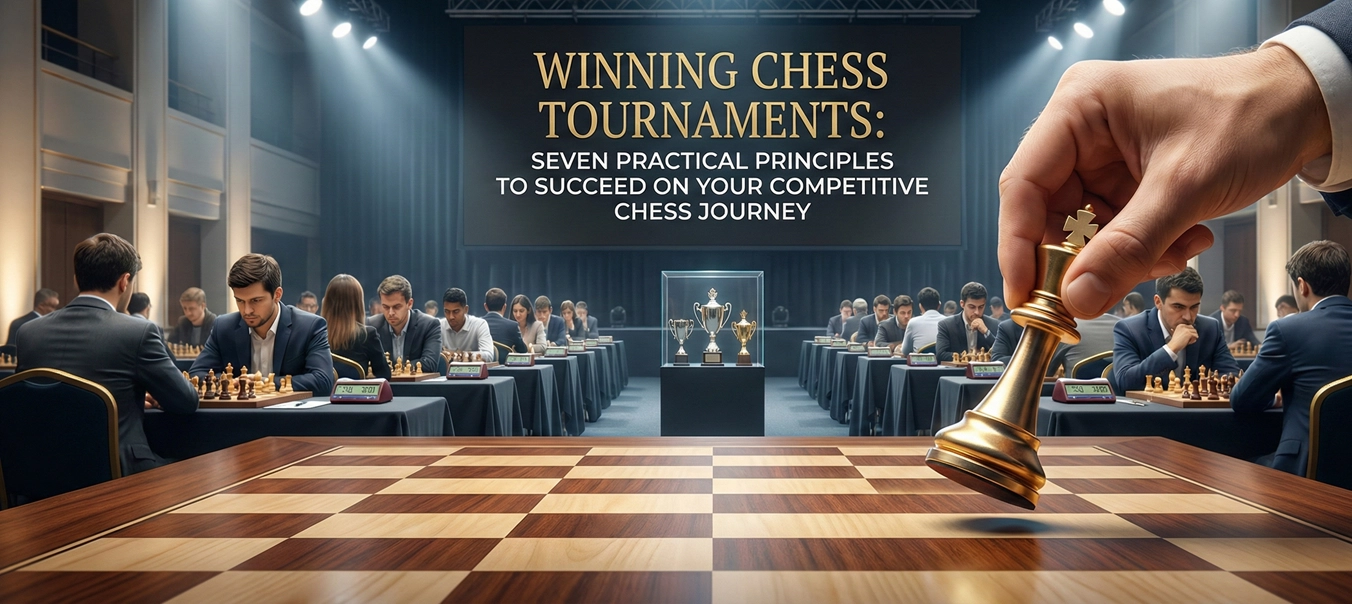The piano is probably the most popular musical instrument all over the world. It is easy to play and fun to explore. Evidently, many children get drawn to it from an early age.
Be it parents or the concerned enthusiasts, the most common question in everybody’s mind is what age to start piano lessons. First, let me say there is no fixed age to learn to play the piano. Some start taking these lessons at a surprisingly early age, while some start their music lessons late in their childhood.
As learning to play this instrument offers numerous benefits to the player, I can understand your eagerness to make your kids enroll in piano classes. However, there is no specific age limit about when to start piano lessons; it all depends on some individual factors.
Let's get to know whether your kid's ready to start playing the instrument yet or not.
Is It Ever Too Early?
You will find videos on YouTube of some prodigious three-year-olds playing Mozart or Beethoven. But you shouldn’t set it as an example for your toddler.
According to experts, the best age for a beginner to start taking piano lessons is between the ages of five to nine. If your child is younger than this age group, all you should do is let them get familiar with the keyboard and play with the instrument.
In this way, they will gradually get attached to the instrument and fall in love with it. Otherwise, piano classes at such an age can scare them off. As a parent, if you want your child to learn to play this instrument, you should make them familiar with the music.
Spontaneous musical activities such as singing, playing, or fun karaoke can actually make your child interested in music.
Is Your Child Ready to Play the Piano?
Let me start by saying that there is no right time when you can start playing the keyboard. However, particular factors show whether your child is ready to take piano lessons or not.
This depends on cognitive skills like concentration, focus, and communication, and also physical factors like dexterity, finger independence, and hand size.
Evidently, it has nothing to do with the age of the beginner. While deciding the right age to start piano lessons, look for the following qualities listed in this blog.
1. Basic Motor Skills
Before starting piano lessons, you need to make sure your child has fine motor skills. Otherwise, it becomes difficult and frustrating for them, especially when they need to reach between notes.
However, the good news is, that playing this instrument is much easier for a child than playing string instruments like guitar and violin. Also, learning to play this instrument develops fine motor skills and hand-eye coordination from an early stage.
2. Finger Independence
Finger Independence: A Key Skill Before Starting Piano
Finger independence is often considered a practice-resistant challenge. Simply put, it’s the ability to move each finger individually rather than all together.
Before introducing your child to the keyboard, it’s important that they develop the ability to control their fingers with ease. This fine motor skill not only improves dexterity but also makes learning the piano smoother and more enjoyable. In fact, building finger independence is one of the most important things to consider before enrolling your child in their very first piano lesson.
3. Hand Size Let's face it
Piano is a big instrument, and it can be difficult for a child to be able to play. Your kid should be able to reach the keyboard while sitting on the piano bench.

Can your child place five fingers on five white keys on the keyboard? For even a six-year-old kid, that's a huge stretch! Before starting with piano lessons, make sure your kid's hands have grown enough to be comfortable on the keyboard.
4. Focus
Focus is the key factor for learning anything in the world. Most early learners cannot focus on a single thing for a long time. If your child can focus and concentrate on playing for at least 30 minutes, they should be able to handle music classes.
5. Able to Follow Instructions
Listening and following the lead of the instructor is important to learn to play the piano. Before enrolling your child in a piano class, you need to make sure that they are mature enough to understand and follow the instructions.
6. Counting Capability
Musical notes are all about mathematics. No, don't get scared; it only involves simple counting methods. Before joining a piano class, your kid should be able to count to at least ten. It would help them understand the notes and learn faster.
7. Love for Piano
I know it is not a 'skill,' but your kid should grow an interest and love for playing the piano. If you forcefully make them play one, they will soon fall out of interest.
Let your kid get an interest in music. If the motivation comes from within, they will try hard to learn it through all difficulties.
Is It Too Late for Adults?
It is never too late to start. Beethoven and Mozart may have started early in their career, but it doesn’t mean it’s too late for you. Many legendary pianists have started late in their careers. Believe it or not, some of them even started learning this instrument when they reached 40.

People don't learn to play this instrument just to become professional musicians. No matter when you start, you can enjoy playing the instrument.

Plus, you will get all the physical, mental, and emotional benefits along with your music lessons. According to piano teachers, sometimes it is better to start late.

It gives the older students a better understanding of the music, notations, and overall musical education compared to the young students. However, adult piano students might get frustrated at first, but they will surely excel in the instrument if they keep showing up for the music lessons and simply stick to it.


Conclusion
In summary, conclusions serve as the final opportunity to reinforce your main points and leave a lasting impression on your readers. Whether you’re wrapping up a blog post, article, or analysis, a well-crafted conclusion can summarize key insights, encourage further thought, or prompt action from your audience.
To create an effective conclusion:
Restate Your Main Ideas: Briefly summarize the key takeaways from your content. This helps to remind readers of the important points discussed.
Provide Closure: Ensure that your conclusion wraps up the discussion in a way that feels complete to your audience.
Encourage Action or Reflection: Depending on your content, you might want to motivate your readers to take a specific action or reflect on the information presented.
End with a Strong Statement: A compelling closing sentence or thought can leave a lasting impact.
By following these guidelines, you can enhance the effectiveness of your conclusions and create a more engaging experience for your readers.
FAQs
1. Can a 3 year old take piano lessons?
Yes, a 3 year old can definitely take piano lessons. Not only are they developmentally appropriate for this age group, but the skills that they learn at piano class will last a lifetime. Aside from improving their musicianship, children who take piano classes often develop better discipline and self-esteem.
2. How do you know when you are ready for piano lessons?
This is not a decision that should be taken lightly and should only be made after careful consideration. Some other factors to consider when deciding when to take up piano lessons include how much practice time you are willing to commit (daily or weekly), whether or not music is important in your life, and your level of skill.
3. How to build hand dexterity?
Hand dexterity naturally comes with a certain age. Most children grow hand dexterity at the age of 4-5. However, you should practice hand exercises with both hands to make your hands stable on the keyboard and develop speed.
Check out EnthuZiastic piano classes for a personalized piano learning experience.






Comments